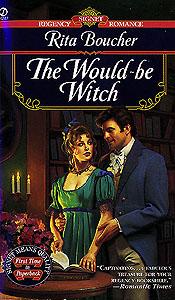

His positioning of himself as the lustful outsider to the powerful family not only reveals his desire for Miranda but also his unwilling acceptance of the story she tells: "Once again, Adam tried to convince himself that what he felt was not more than a combination of compassion and Caliban's savage cravings" (170). His resistence to her family's claim to magic arises from his deceased parents' conviction that they will be able to communicate from beyond the grave because of their love. As a result of this belief, his father beggared himself to solicit his wife's words from charletons and his son, rejected and hostile, undertook to "rescue" similarly deluded folk after succeeding to the title. As it turns out, of course, love is all the magic Miranda and Adam can have and all that they need.
The last Shakespearean reference of the novel shifts from Caliban to Ariel and reveals the phrase the hero's dead mother was to convey via medium to his father: "a sea-change/ Into something rich and strange" (From Ariel's song in Act 1, scene 2). As Miranda's response after their first betrothed kiss, Shakespeare's words transmute from the sign of Adam's exclusion and destructive desire to the blessing of his dead parents and their ratification of love rather than lust as the magic at work.
Go to Introduction References by Play Return to Rewriting Shakespeare
